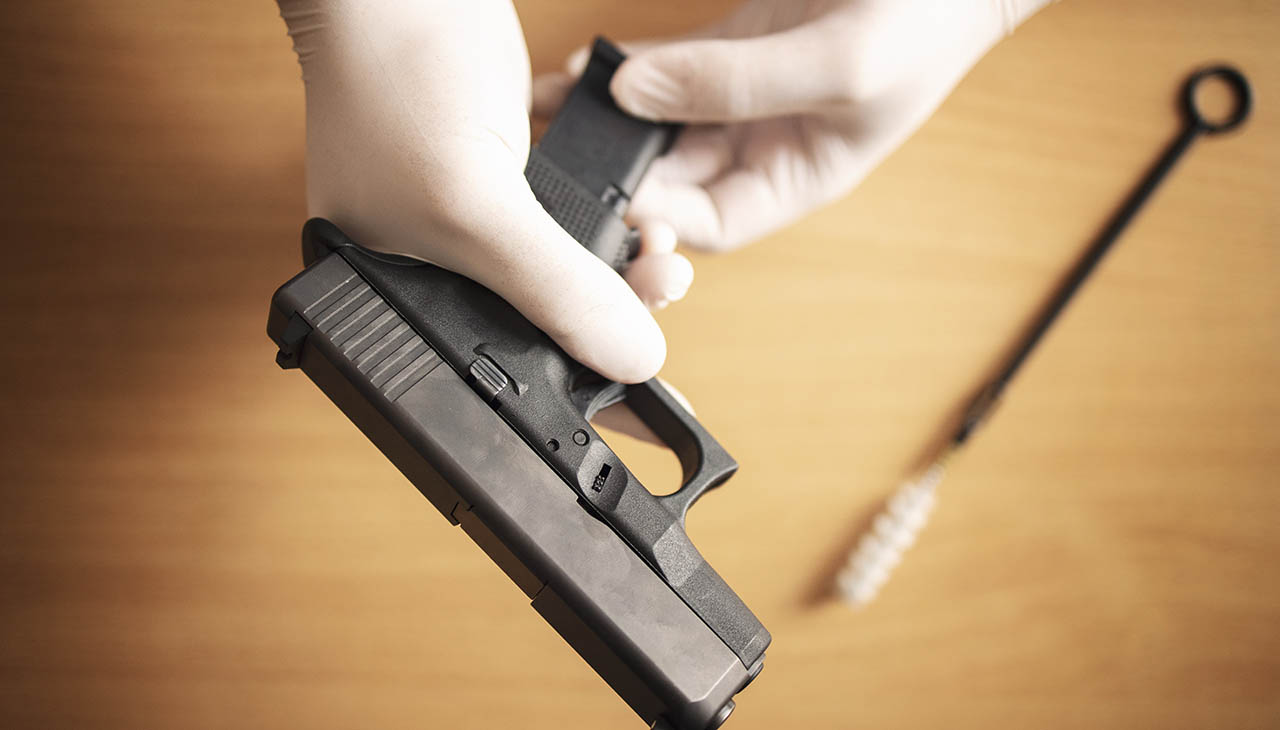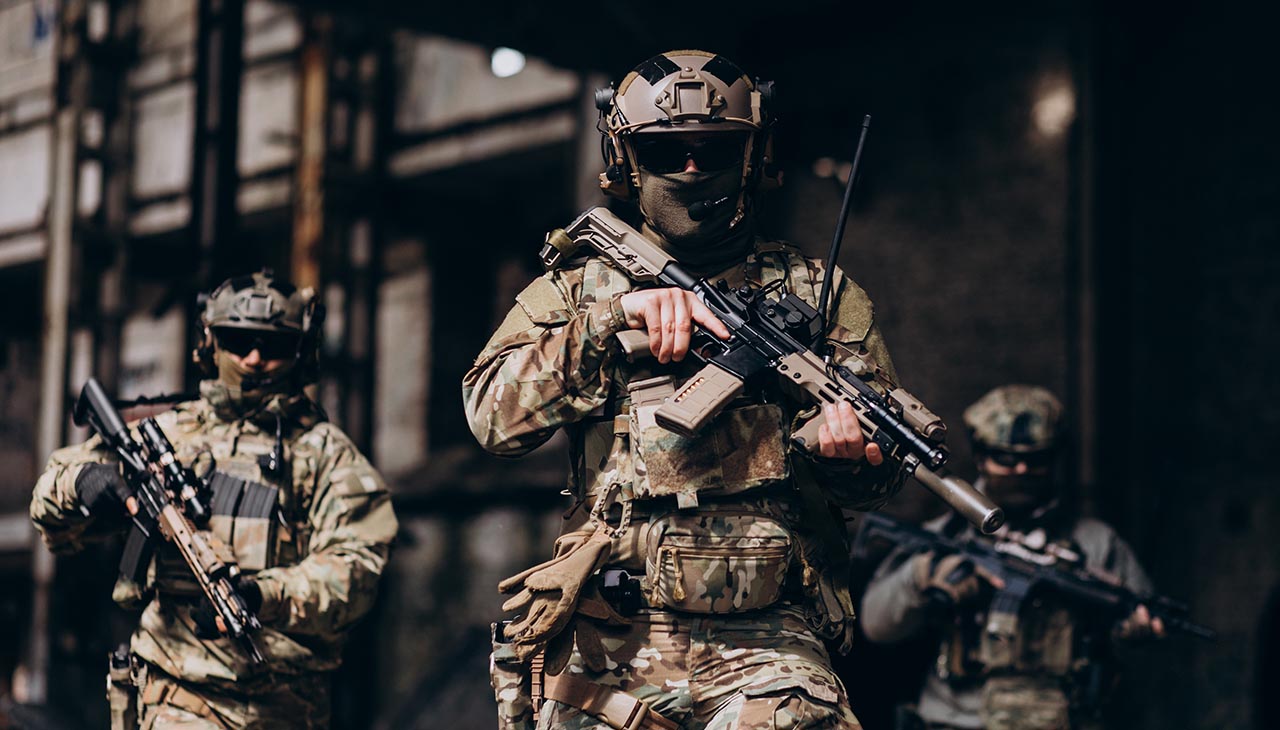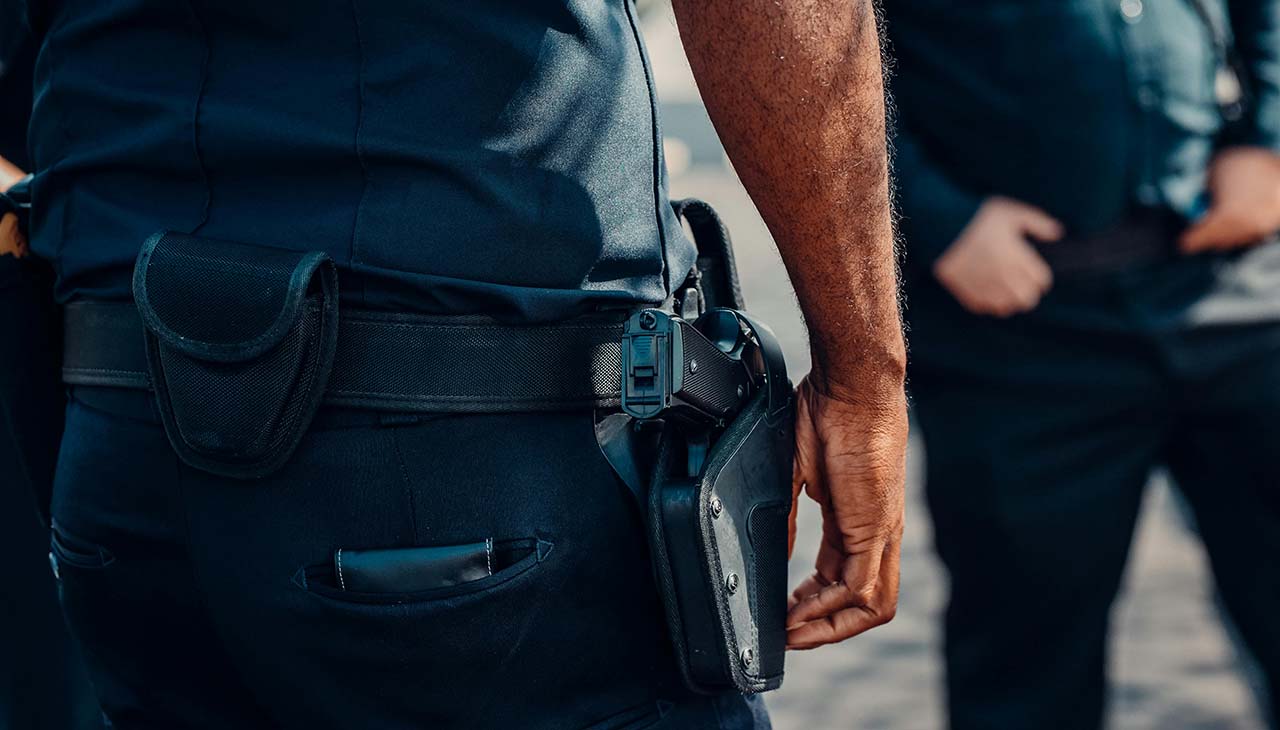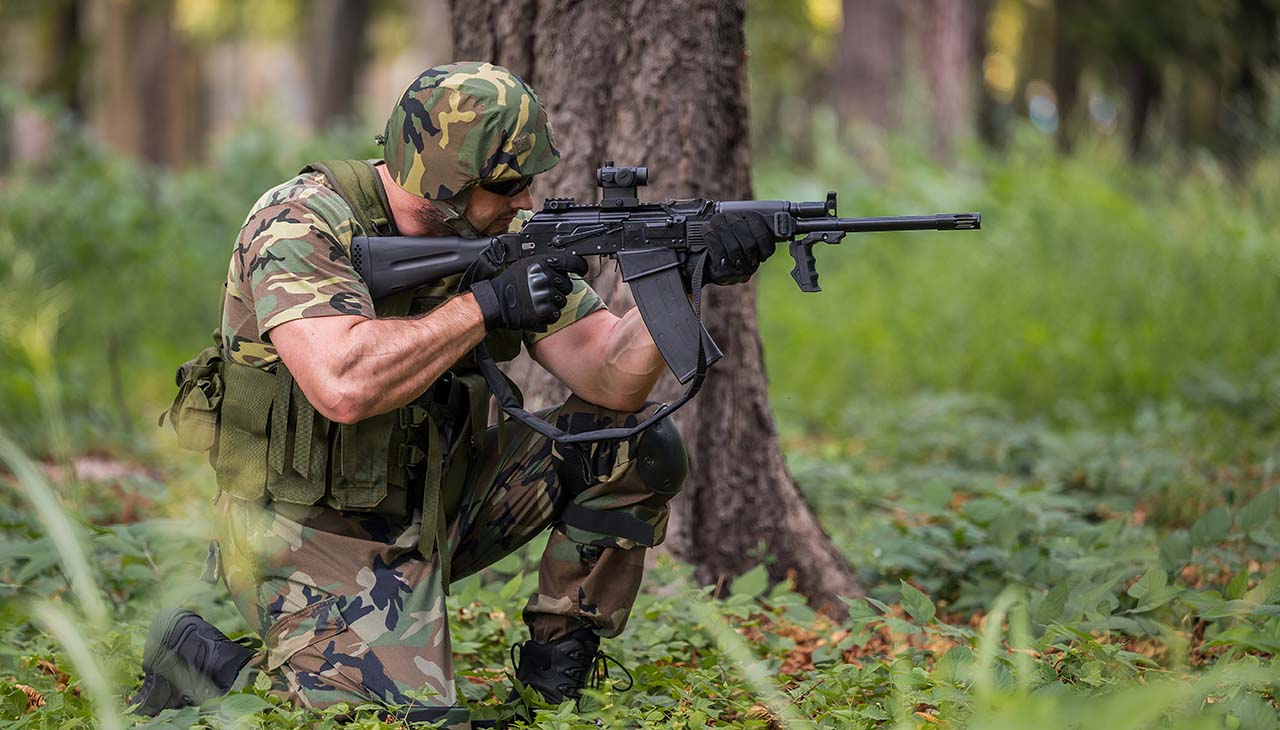
As a responsible gun owner, prioritizing safety is paramount. Mastering gun safety not only protects you and those around you, but also preserves the integrity of the sport and the rights of gun owners everywhere. This guide will provide you with essential tips to ensure that you handle firearms with respect and care, reducing the risk of accidents and incidents that can have life-altering consequences. Whether you’re a seasoned shooter or a new firearm owner, these foundational safety measures are crucial to practice and perfect.
Understanding Firearms
Different Types of Firearms and Their Purposes
Firearms come in various shapes and sizes, each designed for specific purposes. Handguns, for instance, are often used for personal defense and concealed carry due to their compact size. Shotguns, with their larger spread, are favored for hunting game birds and in some cases, home defense. Rifles, recognized for their accuracy and range, are typically the choice for hunting larger game and sport shooting. Additionally, tactical firearms like the AR-15 platform have utility in competitive shooting and law enforcement due to their customizable nature and superior range.
Basic Components and Operation of a Firearm
Understanding the basic components and operation of a firearm is fundamental for any gun owner. Most firearms consist of the following main components: the action, which includes the mechanisms for firing; the barrel, through which the projectile travels; the stock or handle, which provides stability and is held by the shooter; and the trigger mechanism, which engages the action to fire the weapon. Operation of a firearm usually involves loading ammunition into the chamber, aiming the firearm safely, and pulling the trigger to discharge. Familiarity with the specific mechanisms of your firearm—whether it’s a revolver, semi-automatic pistol, bolt-action rifle, or pump-action shotgun—is necessary for safe and effective handling.
Safety Rules and Practices
The Fundamental Rules of Gun Safety
One of the foremost principles of gun safety is to always treat every firearm as if it is loaded, even when you’re certain it’s not. This mindset ingrains caution and respect for the weapon at all times. The second rule is to never point a firearm at anything you do not intend to shoot, ensuring that accidental discharge does not result in harm. Thirdly, always be aware of your target and what lies beyond it, as bullets can travel significant distances and penetrate various materials. Lastly, keep your finger off the trigger until you are ready to fire. This prevents unintentional firing which can occur in high-stress situations or through sheer negligence.
Safe Handling and Storage of Firearms
Safe handling extends to the way firearms are stored when not in use. Firearms should be stored unloaded and locked away securely, preferably in a dedicated gun safe that is inaccessible to children and unauthorized persons. Ammunition should be stored separately to further reduce the risk of accidental discharge. Utilizing safety devices such as trigger locks or cable locks can add an extra layer of security. When handling firearms, always follow the fundamental safety rules and ensure that the muzzle is pointed in a safe direction at all times.
Importance of Proper Training and Education
Understanding and respecting firearms starts with proper training and education. Every gun owner should partake in formal training courses from certified instructors to learn about the operation, maintenance, and laws pertaining to firearms. Regular practice under controlled conditions is essential to maintain proficiency in shooting and handling. Further, gun owners should keep themselves updated on local laws and regulations, as these can differ widely from place to place. Knowledge is the key to responsible gun ownership and the safeguarding of oneself and others.
Legal and Ethical Considerations
Understanding Local Laws and Regulations
Compliance with local laws and regulations is an absolute necessity for all firearm owners. Regulations can vary significantly by jurisdiction, including differing requirements for ownership, carry permits, and transportation of firearms. Ignorance of the law is not a defense; therefore, it’s imperative for gun owners to educate themselves and stay informed about changes in legislation. This entails registering firearms where required, securing the necessary permits, and adhering to any restrictions on firearm types or magazine capacities. Safeguarding personal rights to bear arms starts with an unwavering commitment to legal compliance.
Ethical Considerations When Owning and Using Firearms
The ethical use of firearms extends beyond legal obligations and touches on the moral responsibilities of gun owners. This includes the conscientious decision of when and how to use a firearm, especially regarding self-defense and the defense of others. Ethics demand that firearms are employed as a last resort, with all possible considerations taken to avoid escalating a situation to lethal force. Additionally, gun owners should advocate for and practice the principles of safe gun handling not only to uphold public safety but also to foster a positive image of the gun-owning community. Ethical ownership also calls for responsible engagement with various aspects of gun culture, including hunting, collecting, and sporting activities, ensuring that respect for life, property, and the rights of others are held paramount.
Family and Community Engagement
Encouraging Open Communication about Gun Safety within Families
Effective gun safety begins at home, with open and ongoing dialogue between family members. Parents and guardians should take the lead in educating children about the potential dangers of firearms, emphasizing the importance of never touching a gun without adult supervision. Families can create a culture of safety by regularly discussing the household’s gun safety rules, ensuring that every member understands their role in maintaining a secure environment. Clear communication reinforces the message that gun safety is a shared responsibility, and it encourages family members to voice any concerns or questions they may have.
Promoting Community Initiatives Focused on Responsible Gun Ownership
Building on the foundation of family engagement, promoting responsible gun ownership at the community level is crucial. This can be achieved by supporting local programs that offer gun safety classes, safe handling demonstrations, and educational resources. Community initiatives may include partnerships with law enforcement agencies to host gun safety workshops, or establishing neighborhood watch programs that incorporate responsible firearm stewardship. Creating spaces for dialogue and education can unite gun owners and non-gun owners alike in a shared commitment to safety and responsibility within the community.
Mental Health and Gun Ownership
Addressing Mental Health Concerns Related to Gun Ownership
Mental wellness is a critical aspect that must be acknowledged in discussions of gun ownership. The interplay between mental health and the access to firearms necessitates a vigilant approach. Prospective and current firearm owners should undergo regular mental health evaluations as a precautionary measure. Such evaluations would help to ensure that individuals are in a stable state of mind to responsibly own and operate a firearm. Furthermore, campaigns that destigmatize mental health issues within the gun-owning community encourage individuals to seek help when needed without fear of judgment or repercussions.
Resources and Support for Gun Owners
To support gun owners in both their ownership and mental health needs, a robust support system is essential. This includes access to mental health professionals who are experienced in addressing concerns specific to firearms. Resources like hotlines, counseling services, and online forums dedicated to gun owners provide discreet and convenient support. Additionally, gun clubs and associations can play a pivotal role by offering resources such as peer support groups and educational materials on the intersection of mental health and gun ownership. Integrating mental health support within the existing framework of gun safety education ensures a holistic approach to responsible firearm stewardship.






